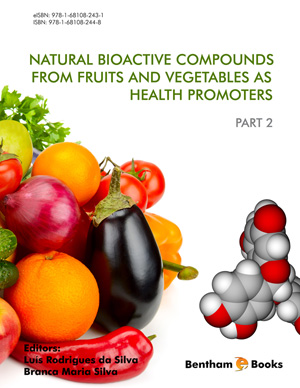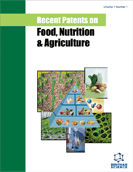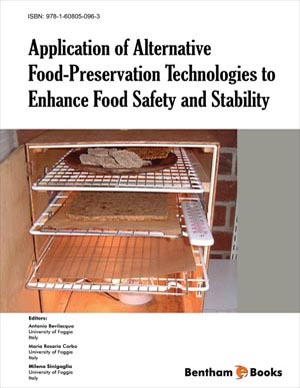Abstract
Legumes are a wide group of plants worldwide cultivated by the high nutritional quality of their seeds containing fibre, proteins, resistant starch, minerals and vitamins. The milk obtained from seeds of some legumes, mainly soybean, is used to obtain fermented products currently widely consumed as probiotics. Moreover, legumes are considered as nutraceuticals since they contain bioactive peptides (BAPs) and many phytochemicals endowed with useful biological activities. Legume BAPs have antioxidant, antihypertensive, hypocholesterolemic and antithrombotic activities. Flavonoids and particularly isoflavones have beneficial effects in different cancer types, have been related with lower cardiovascular risk and are protective against fatty liver disease, obesity, diabetes and other metabolic disorders.
Hydrophilic phytochemicals, such as ascorbic acid (vitamin C), phenolic acids and polyphenols, have been associated with a reduction of cancer risk and an enhancement of the immune system functionality. Lipophilic phytonutrients, such as carotenoids and tocopherols, may prevent the risk of cardiovascular diseases. In this chapter we revise the recent works focusing on legume bioactive compounds and human health prevention.
Keywords: Bioactive peptides, Carotenoids, Fatty acids, Isoflavones, Legumes, Phenolics, Tocopherols.



















